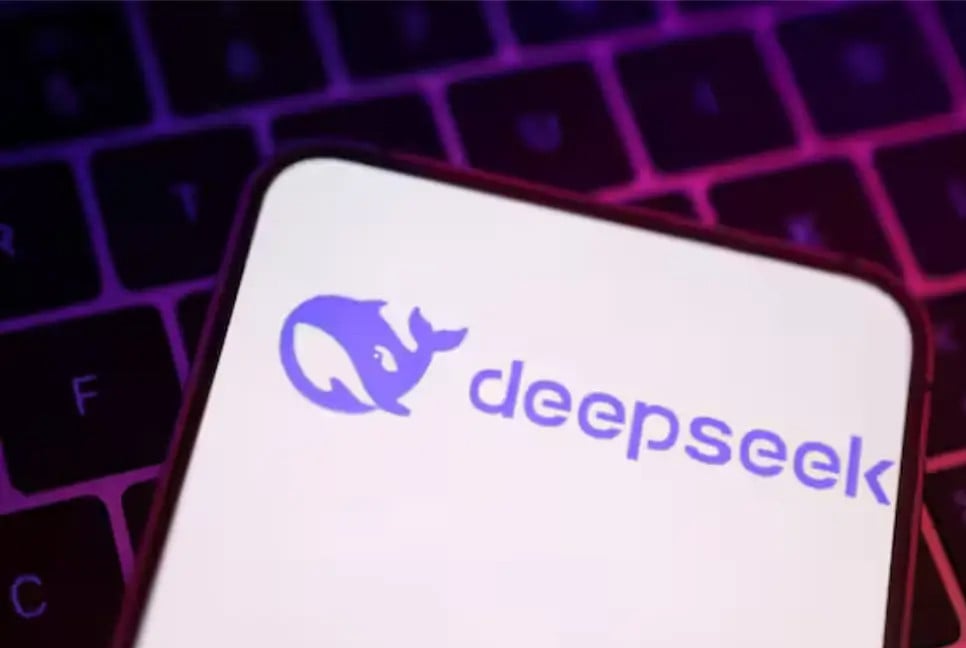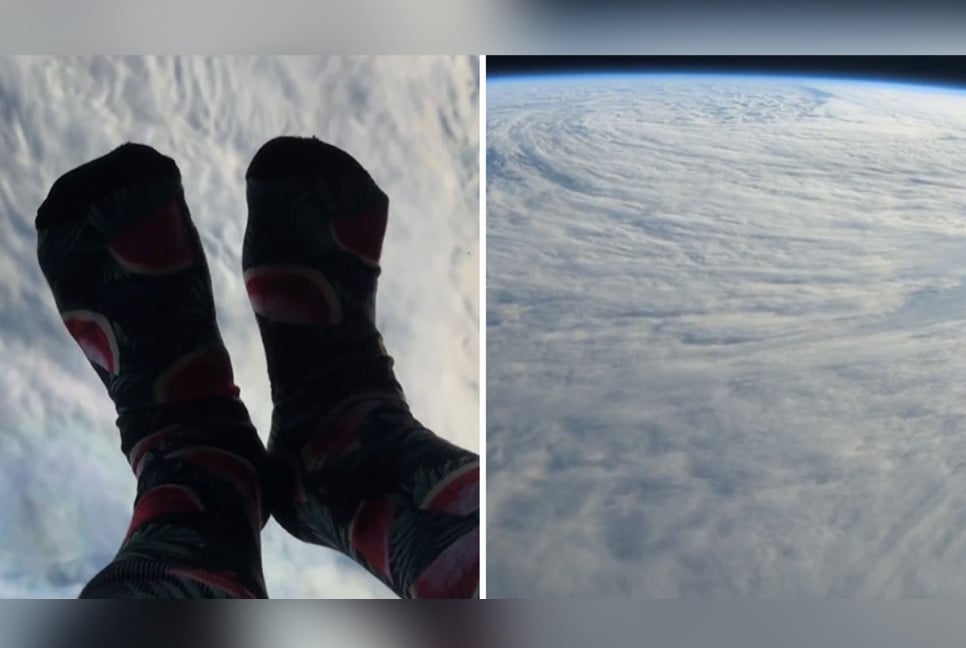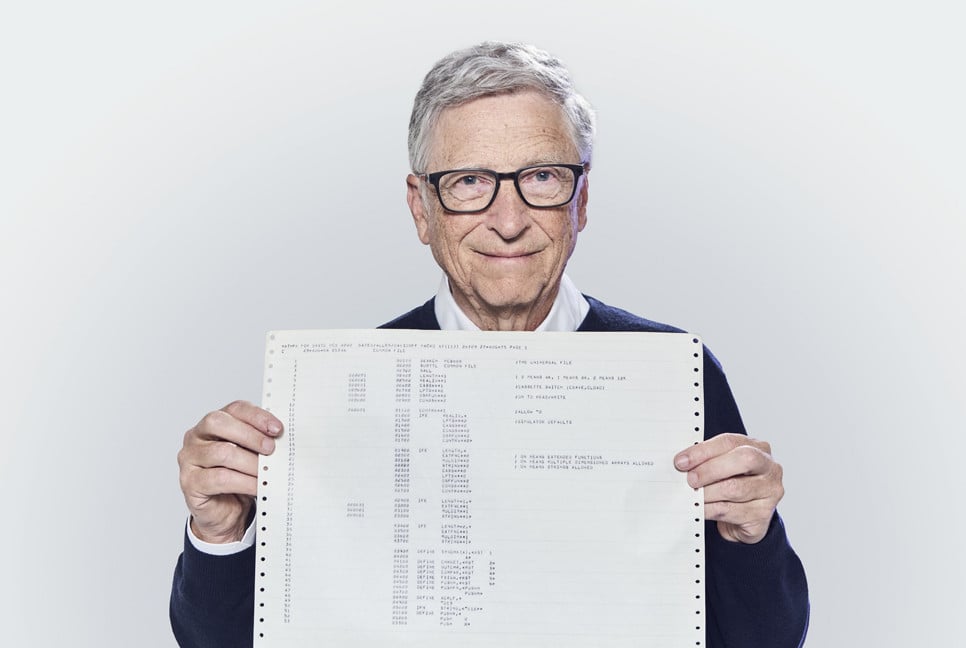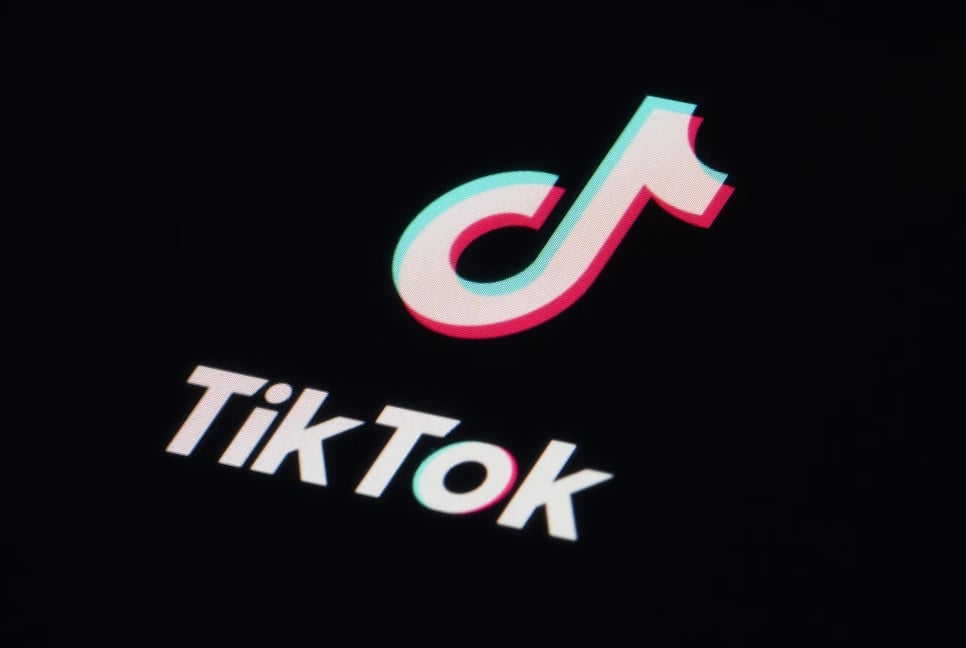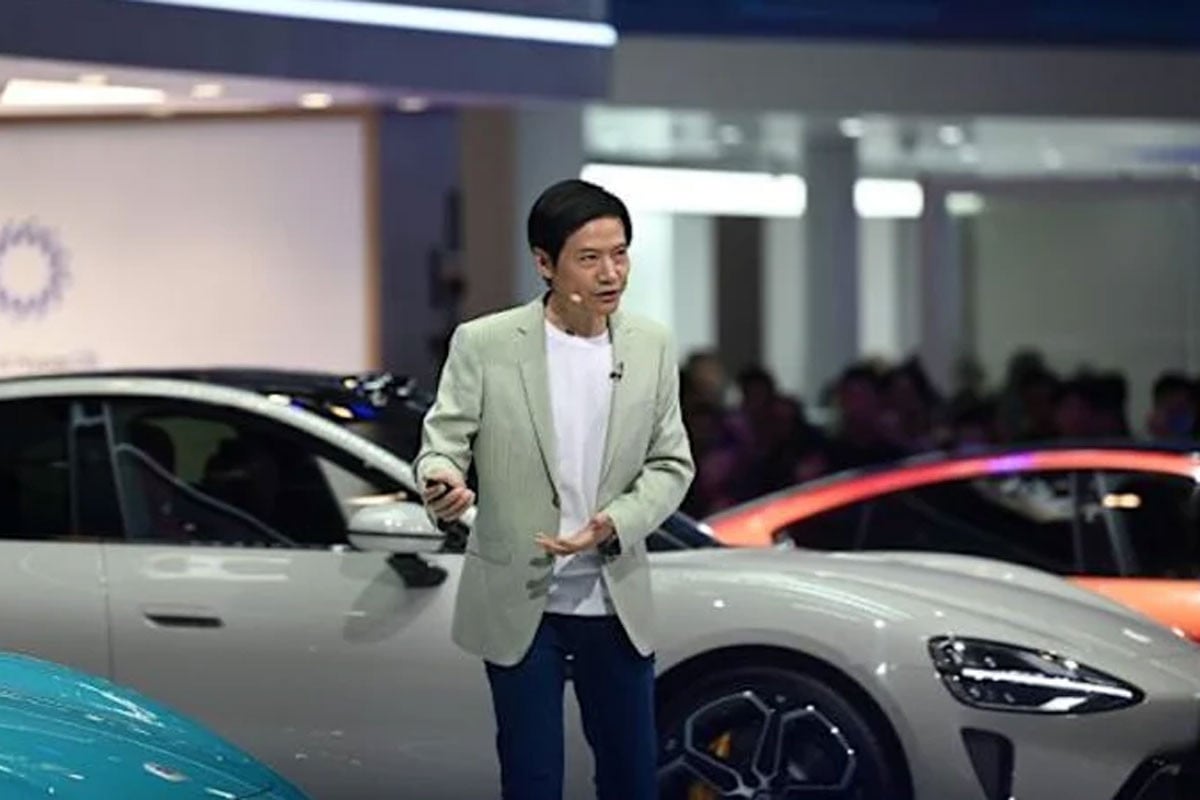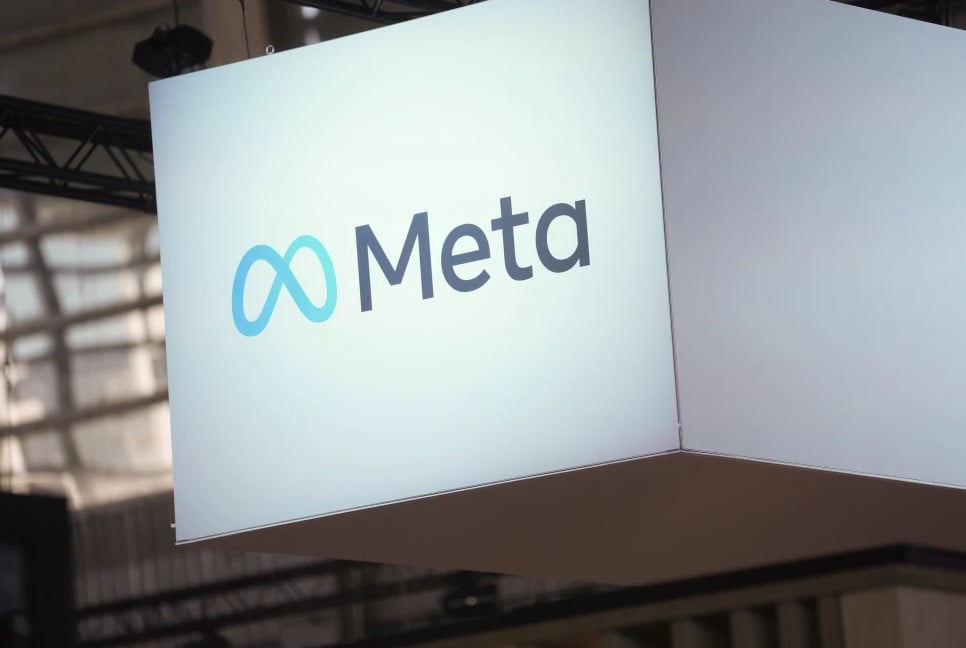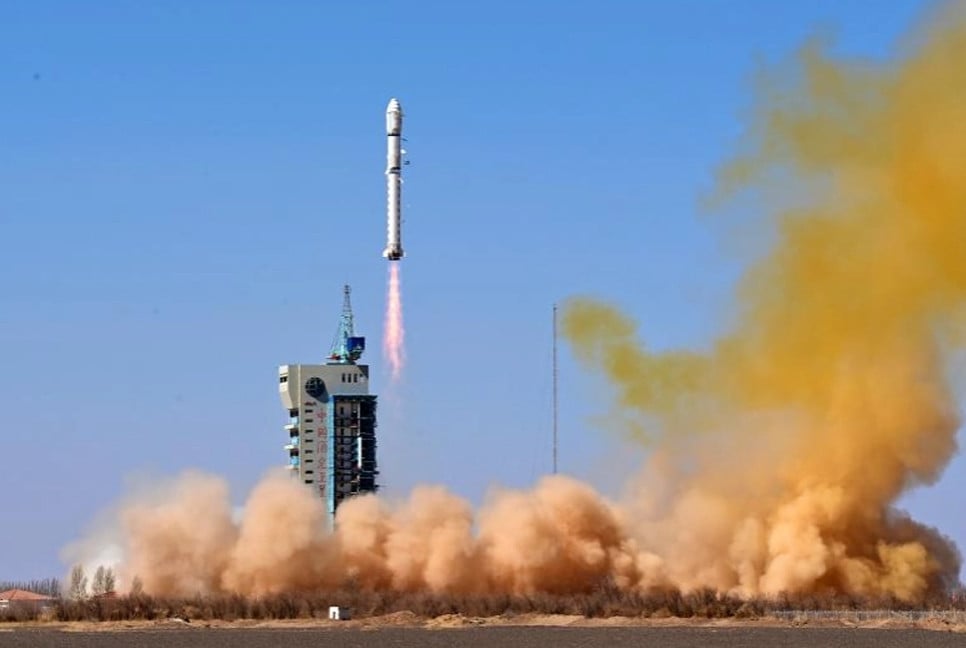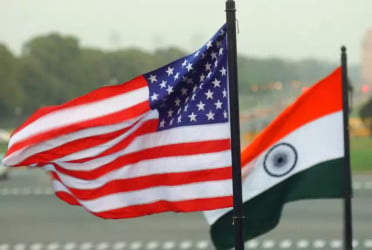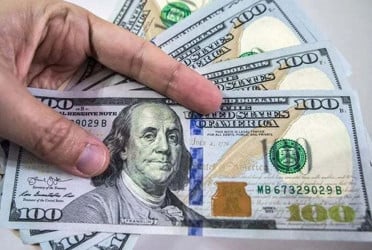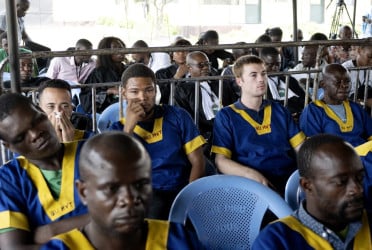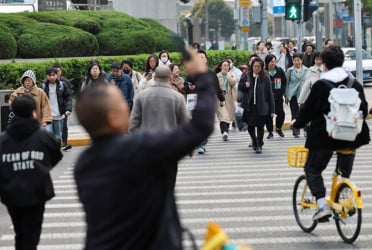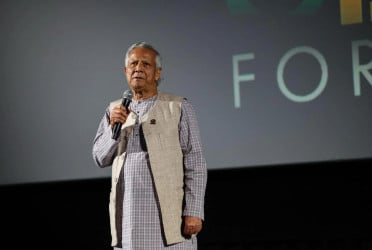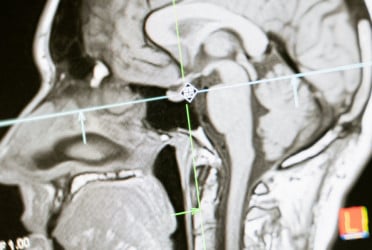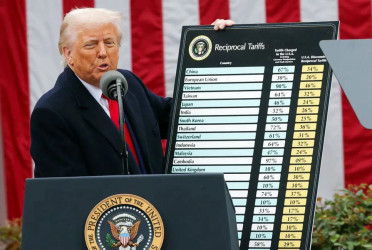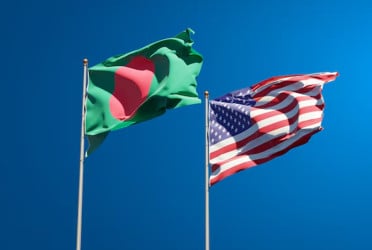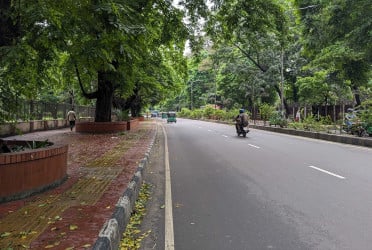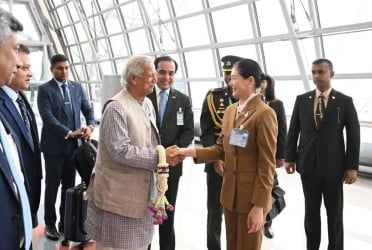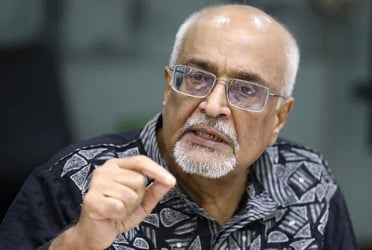Chinese AI startup DeepSeek created ripples in the tech industry when it launched its ultra-cheap challenger to OpenAI's ChatGPT, getting millions of downloads within just weeks. After enjoying its fair share of stardom for being cheaper and a better answer to ChatGPT, Gemini and others, DeepSeek is now facing calls for ban over data privacy and national security concerns, reminding the world of the fate that TikTok met after unprecedented global success.
DeepSeek, which became the most downloaded app in the US to surpass ChatGPT, has been lauded for its speed, efficiency, and mighty reasoning skills. What's more interesting is it runs on less powerful chips than its US competitors. The company claims that those chips allow it to train its model for less than $6 million, a fraction of what Google, OpenAI, and Meta are spending on training their models with top-of-the-line processors. But, the open source generative AI model has now landed in hot waters with countries raising the same concerns they had with another Chinese app - TikTok.
TikTok, a video-creating platform which turned many normal people into social media influencers and stars even bigger than movie celebrities, has faced a similar ban in India and other countries over security concerns. A decision on its future in the United States is pending after President Donald Trump ordered a 75-day pause on the ban’s enforcement to determine if he could work out a deal to have ByteDance, TikTok’s parent company, divest from the app. Countries like Taiwan, Canada, Pakistan, New Zeland have either banned the app or restricted its use.
Dejavu for China! South Korea on Monday announced that it is banning the Chinese alternative to ChatGPT over national security concerns.
Concerns over DeepSeek
National security: Countries that consider DeepSeek ban have raised national security concerns over fears that its AI models could be used by the Chinese government to spy on people in their countries, learn proprietary secrets, and wage influence campaigns.
Data privacy: There are concerns over data collection as well. The company’s privacy policy states that it automatically collects a slew of input data from its users, including IP addresses and keystroke patterns, and may use that to train their models. Users’ personal information is stored in “secure servers located in the People's Republic of China,” the policy reads.
"DeepSeek could pose a greater threat to national security than TikTok", said Allie Mellen, a senior analyst with Forrester. She pointed out that DeepSeek’s privacy policy explicitly states it can collect “your text or audio input, prompt, uploaded files, feedback, chat history, or other content” and use it for training purposes.
“It also states it can share this information with law enforcement agencies, public authorities, and so forth at its discretion, and that any information collected is stored in China,” she told TechNewsWorld.
Rich Vibert, CEO of Metomic, a data privacy and security software company, noted that while both DeepSeek and TikTok raise concerns about data security, their risks are distinct.
“Concerns around TikTok focus on the scale of data collection, with fears around where and how that data is stored,” he explained. “DeepSeek, however, represents a more targeted risk, as it appears to be designed to identify and exploit vulnerabilities on a massive scale.”
Misinformation: Several users were alarmed to find that DeepSeek’s R1 refuses to answer questions about certain topics like the 1989 massacre at Tiananmen Square, and asserts that Taiwan is a part of China. Some American leaders raised concerns about DeepSeek being used to promote Chinese values and political aims—or wielded as a tool for espionage or cyberattacks.
“This technology, if unchecked, has the potential to feed disinformation campaigns, erode public trust, and entrench authoritarian narratives within our democracies,” Ross Burley, co-founder of the nonprofit Centre for Information Resilience, told TIME.
Security risks: Many experts noted that the app echoes TikTok ban as it raises privacy and security risks.
“This has the echoes of the TikTok ban: there are legitimate privacy and security risks with the way these companies are operating,” said Ben Winters, the director of AI and data privacy at the Consumer Federation of America.
What data does DeepSeek collect?
To be clear, DeepSeek does send users' data to China, as mentioned it privacy policy.
"The personal information we collect from you may be stored on a server located outside of the country where you live. We store the information we collect in secure servers located in the People's Republic of China," it reads.
DeepSeek’s privacy policies also outline the information it collects about you, which falls into three sweeping categories: information that you share with DeepSeek, information that it automatically collects, and information that it can get from other sources.
“We may collect your text or audio input, prompt, uploaded files, feedback, chat history, or other content that you provide to our model and Services,” the privacy policy states.
DeepSeeks makes it clear that, "We retain information for as long as necessary to provide our Services and for the other purposes set out in this Privacy Policy."
In a social media post, Sean O'Brien, founder of Yale Law School's Privacy Lab, said that DeepSeek is also sending “basic” network data and “device profile” to TikTok owner ByteDance “and its intermediaries.
Global bans on DeepSeek
DeepSeek, a Chinese AI app, has been banned or restricted in multiple countries due to concerns over data privacy and national security. South Korea suspended new downloads after the app failed to comply with local regulations. In the US, lawmakers have proposed a federal ban, with several states, including Virginia and Texas, restricting its use on government devices. Australia also banned DeepSeek on government systems, citing security risks. Italy and Taiwan have imposed limitations due to concerns over data processing and potential information leaks. China defended DeepSeek, accusing countries of politicizing the issue.
Source: India Today
Bd-pratidin English/ Afia

